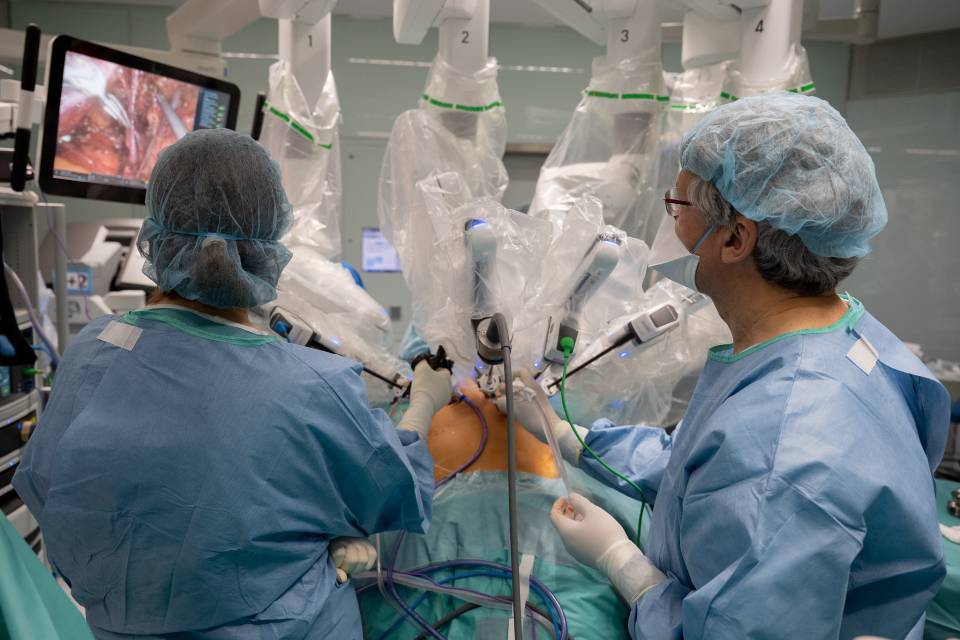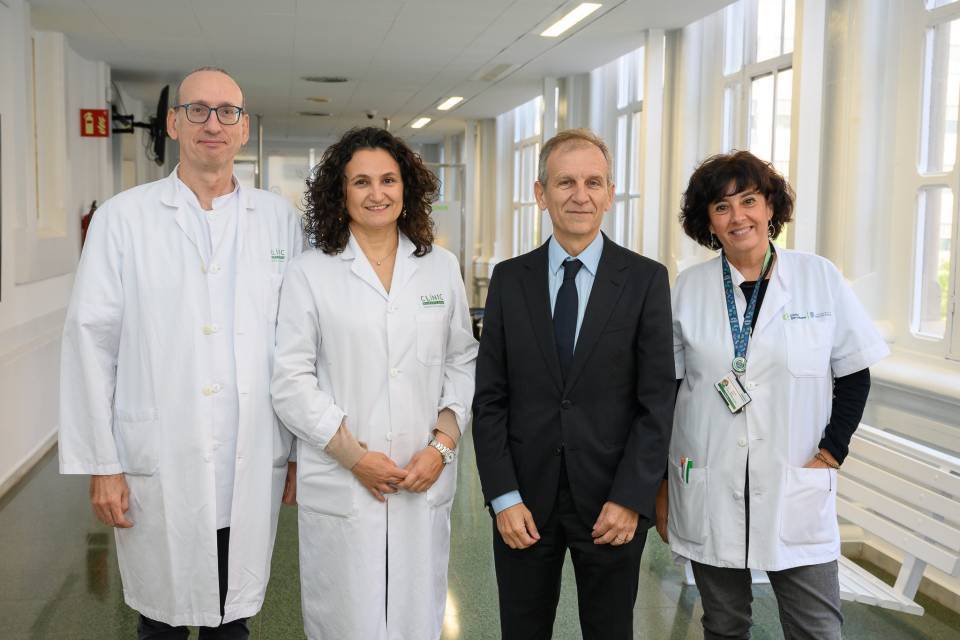News related with the service
Clínic Barcelona
Clínic Barcelona
April 22 2025
Clínic Barcelona
Clínic Barcelona
March 27 2025
The Clínic strengthens its commitment to robotic surgery and increases its activity by 12% in one year
Clínic Barcelona
Clínic Barcelona
November 14 2024


